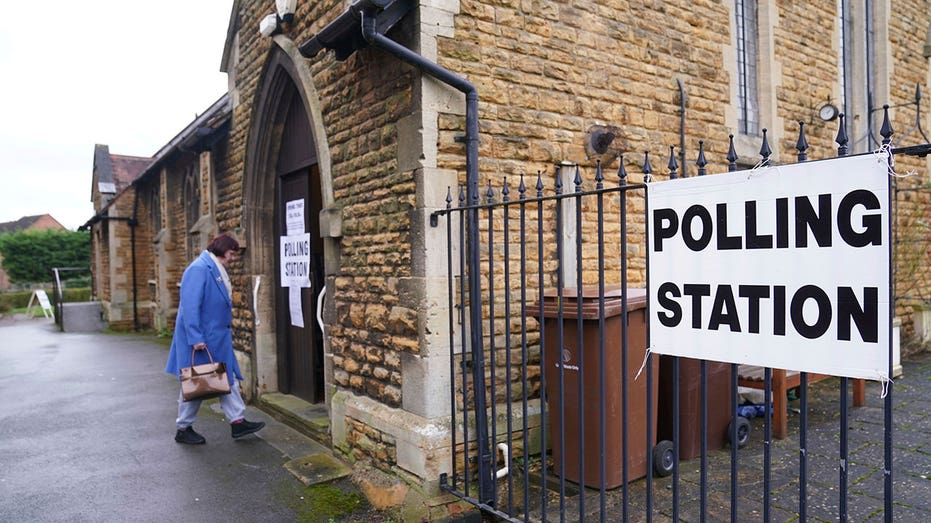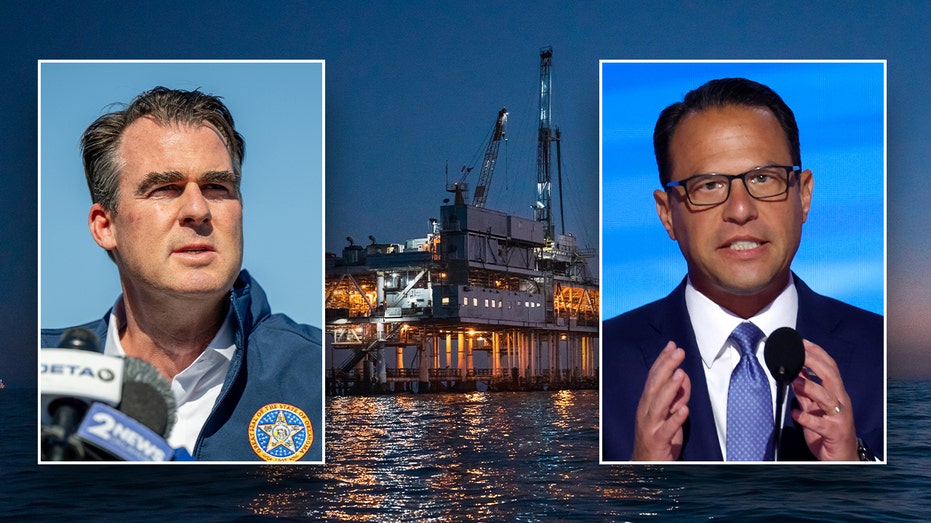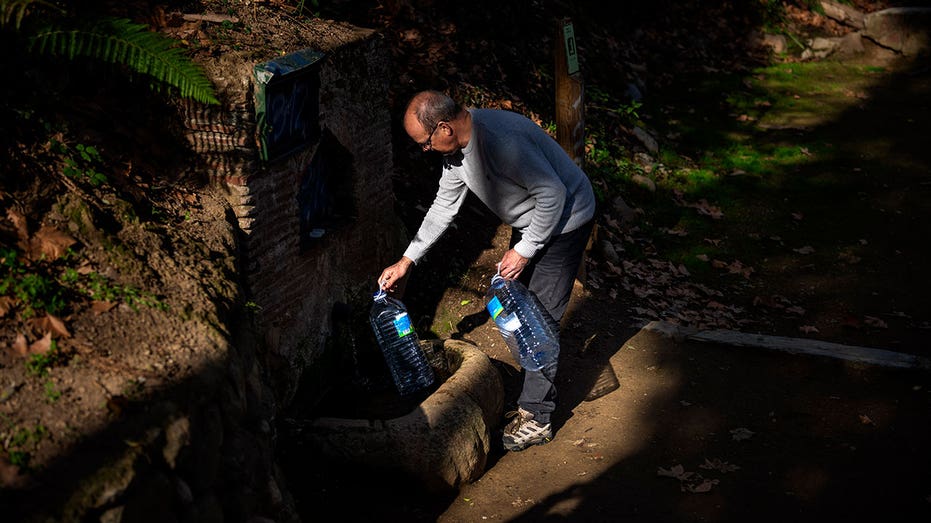Voters in two districts of England are casting ballots Thursday to replace lawmakers who left suddenly – one in protest, the other under a cloud.
The outcome could deepen gloom among the governing Conservatives, and add momentum to rivals plotting against Prime Minister Rishi Sunak.
The Conservatives won the House of Commons seats of Kingswood in southwest England and Wellingborough in the country’s center by large margins at the last national election in 2019.
UK PRIME MINISTER RISHI SUNAK MAKES CLIMATE ACTIVISTS SEETHE IN BOLD MOVE FOR ENERGY INDEPENDENCE
Lawmaker Chris Skidmore quit the Kingswood seat last month to protest Sunak’s lack of commitment to green energy. Long-serving Wellingborough legislator Peter Bone was ousted over allegations of bullying and sexual misconduct.
Losing either seat would give the Conservative government the unwanted record of suffering more by-election losses between national elections than any administration since the 1960s.
Polls close at 10 p.m., with results announced early Friday.
The Conservatives have lost four byelections — and won one — since Sunak took office in October 2022. He replaced Liz Truss, who rocked the economy with a plan for unfunded tax cuts and lasted just seven weeks in office.
Sunak, the fifth Conservative leader since 2016, has restored a measure of stability, but failed to revive the governing party’s popularity. With a national election due this year, the Tories consistently lag between 10 and 20 points behind the Labour Party in opinion polls.
The Conservatives have been in power nationally since 2010, years that saw austerity following the world banking crisis, Britain’s divisive decision to leave the European Union, a global pandemic and a European war that triggered the worst cost-of-living crisis in decades.
Polls show the Conservatives are losing support across the country, from affluent southern voters turned off by Brexit to working-class northern voters who switched from Labour for the 2019 election, when then-Prime Minister Boris Johnson promised to spread prosperity to long-neglected areas.
Those promises remain largely unmet, and Britain’s economic growth has come to a virtual standstill, with the country slipping into recession at the end of 2023 for the first time since the onset of the coronavirus pandemic.
Sunak’s only consolation is that Labour is also experiencing turmoil, with leader Keir Starmer struggling to stamp out allegations of antisemitism within the party. This week the party disowned its candidate for another special election over comments he made about Israel.
Azhar Ali was selected to run for Labour in a Feb. 29 special election for the Rochdale constituency in northwest England. He was suspended by Labour after a newspaper published remarks he had made during a local party meeting last year claiming that Israel allowed Hamas’ Oct. 7 attack to happen as a pretext to invade Gaza.
Labour also suspended one of its general election candidates over alleged comments made at the same meeting.
Critics said the incidents are evidence Labour has not rooted out the antisemitism that festered under previous leader Jeremy Corbyn, a staunch supporter of the Palestinians and a critic of Israel.
Labour finance spokeswoman Rachel Reeves said that “if we’d have known about these things, we would have taken action sooner.”
“We can’t see everything everywhere, but when we do see evidence of antisemitism, we act swiftly to ensure the highest standards, and rightly so, amongst our MPs and amongst our parliamentary candidates,” she said Thursday.




